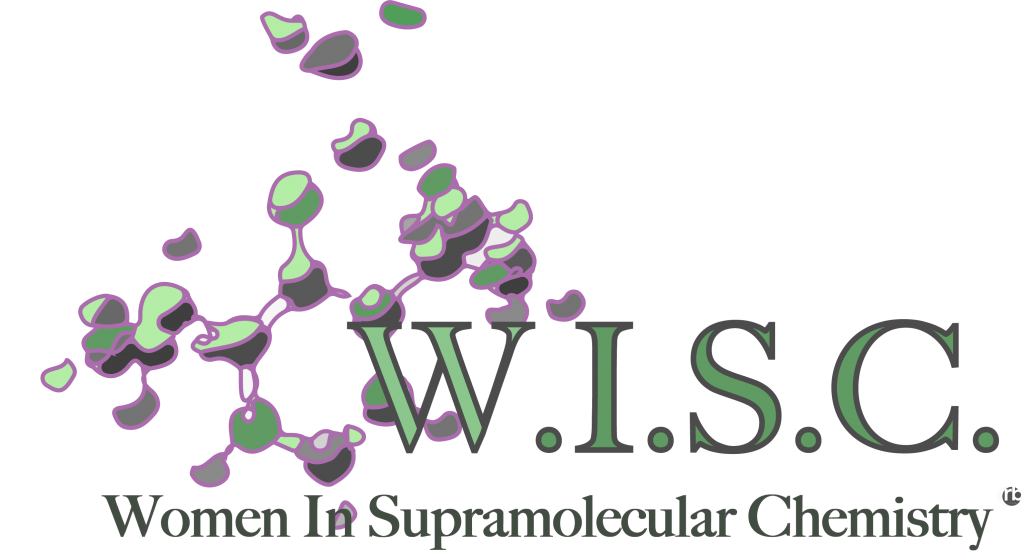SPS academic Dr Jen Hiscock’s launched a new network to support equality and diversity within the chemical sciences on an international scale. As the network continues to grow, with representation in America, Italy and Australia, she tells us more about the network, and what’s still to come.
Supramolecular chemistry sits at the interface of materials science, biochemistry, surface science, catalysis, colloidal and synthetic chemistry. However, despite the scale and scientific diversity of this interdisciplinary community, there is a significant lack of retention and career progression for women across the chemical sciences when compared to other STEM disciplines (RSC).
We want to change this, which is why we set up WISC – which will create a sense of international community, and provide subject-specific mentoring to support independent research.
The overall aim of WISC is to develop an international community of supramolecular chemistry researchers, and to produce a flagship network that will increase diversity within the global supramolecular chemistry community, with a specific initial focus to increase the proportion of women employed within science post-PhD.
Dr Jennifer Hiscock, Founding member of WISC
Our initial focus on women will allow us to concentrate our activities on supporting women through the issues that disproportionately affect this demographic, whilst allowing them to be open to all marginalised groups.
The Network offers a range of events and services to help foster a more diverse community – on an international scale – as well as number of support services for Early Career Researchers and beyond. Our mentoring scheme, which matches small groups of researchers of similar career stage into a mentoring circle with a mentor of a more advanced career stage, includes monthly mentor meetings.
WISC will also soon be launching Community clusters – to help build local peer communities – and a webinar series.
For further information please feel free to download our pdf WISC in overview 2019 document, or visit our recently published blog at Bionow!
Any ideas please get in touch via email or follow us on Twitter.

